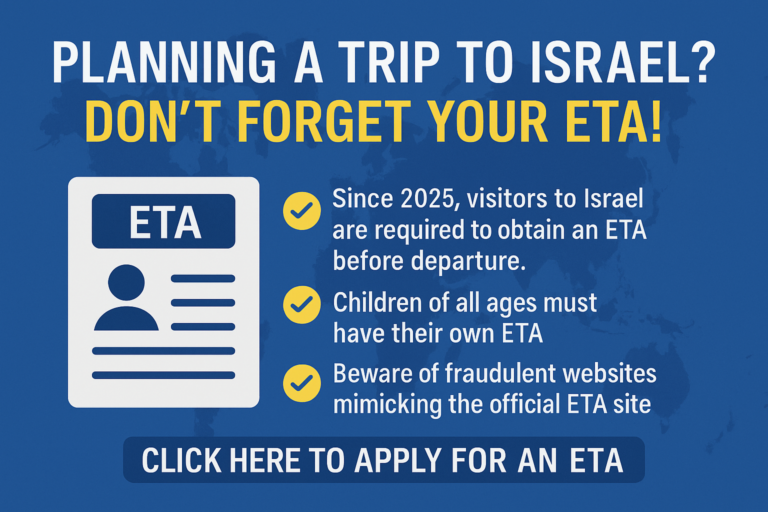 Always the challenges and frustrations that trouble us are in fact for our benefit. At times the benefit is direct, such as the person, suddenly jobless, who now has time to pursue Torah study and becomes a talmid Chacham. Other times the benefit is indirect, such as when the now unemployed man examines his deeds and reaches new levels of Emunah or Teshuvah.
Always the challenges and frustrations that trouble us are in fact for our benefit. At times the benefit is direct, such as the person, suddenly jobless, who now has time to pursue Torah study and becomes a talmid Chacham. Other times the benefit is indirect, such as when the now unemployed man examines his deeds and reaches new levels of Emunah or Teshuvah.
In Parshas Netzavim, Moshe Rabbeinu recalls the bondage of Egypt, and Rabbi Avigdor Miller finds in this episode an appreciation of the benefit of the bondage.
26:6. AND THEY AFFLICTED US AND THEY PUT UPON US HARD LABOR.
26:7. AND WE CRIED OUT TO HASHEM THE G-D OF OUR FATHERS AND HE HEARD OUR VOICE…AND HASHEM TOOK US FORTH FROM EGYPT.
One reason for the affliction was to induce them to cry out to Hashem and thereby gain more Awareness of Him. This (in addition to the promise in the covenant of the Fathers, Breshis 15:14) is here declared the reason for the deliverance from Egypt (see 25:17 above). By dint of their outcry, they sharpened and clarified their Awareness of Hashem so that they became ready for the great events that followed. “He gives wisdom to the wise” (Daniel 2:21).
When by their outcry (many times, again and again) they acquired the wisdom of Awareness of Hashem (“Behold, fear of Hashem: that is wisdom” – Iyov 28:28) by their own efforts, Hashem thereafter bestowed upon them a gift of very great wisdom of Awareness by means of the Ten Plagues, the episode of the Sea of Suf, the Mann, the unequalled spectacle of Hashem’s voice at Sinai, and the Clouds of Glory overhead by day and night. Indeed, the pious heartfelt outcries deserved this sublime reward; but had there been no afflictions, there would have been no outcry. Affliction was the great gift. Thus Maror is essential in the Pesach episode.
This cry also created the precedent of a national outcry to Hashem. This was to be the model that the successive generations followed:
-“And the sons of Israel cried out to Hashem” (Shoftim 3:9) to be delivered from Aram.
– “The sons of Israel cried out to Hashem” (ibid. 3:15) against the oppression by Moab.
– “And the sons of Israel cried out to Hashem” (ibid. 10:10) against oppression by Ammon.
– “Unto You they cried out and were rescued” (Tehillim 22:6). And at Haman’s decree, the entire nation fasted and wept to Hashem (Esther 4:3), and thus the entire nation did in every generation when they were faced with some peril.
The peril or oppression was sent by Hashem our G-d for our benefit: “He is Hashem our G-d; in all the world are His judgments” (Tehillim 105:7), and in every instance the nation improved as a result: “The Yehudim fulfilled and accepted” (Esther 9:27); “they fulfilled that which they had already accepted (at Sinai)” (Shabbos 88A).
In most of these episodes, they were either entirely rescued, or the affliction was partially mitigated. Great catastrophes were visited when many failed to cry out to Hashem, because the people had been influenced by Menashe (II Kings 24:3), or at the Second Destruction when many were demoralised by the Sadducees and the Herodians, or at the European Holocaust when very many were led astray by the Hebrew and Yiddish writers, by the Bundists and the disloyal Zionists and by their evil newspapers.
Let us rise to the occasion and follow in the ways of our forefathers and call out to Hashem in these trying times. May we see the fulfillment of King Davis words “Unto You they cried out and were rescued” (Tehillim 22:6).
—
Published by the Rabbi Avigdor Miller Simchas Hachaim Foundation, a project of Yeshiva Gedolah Bais Yisroel, which Rabbi Miller founded and authorized to disseminate his work. Be inspired by our free email newsletters about marriage, personal growth, and more. Subscribe free at www.SimchasHachaim.com.
For more information, or to sponsor a Simchas Hachaim Foundation program, call (718) 258-7400 or email [email protected].










